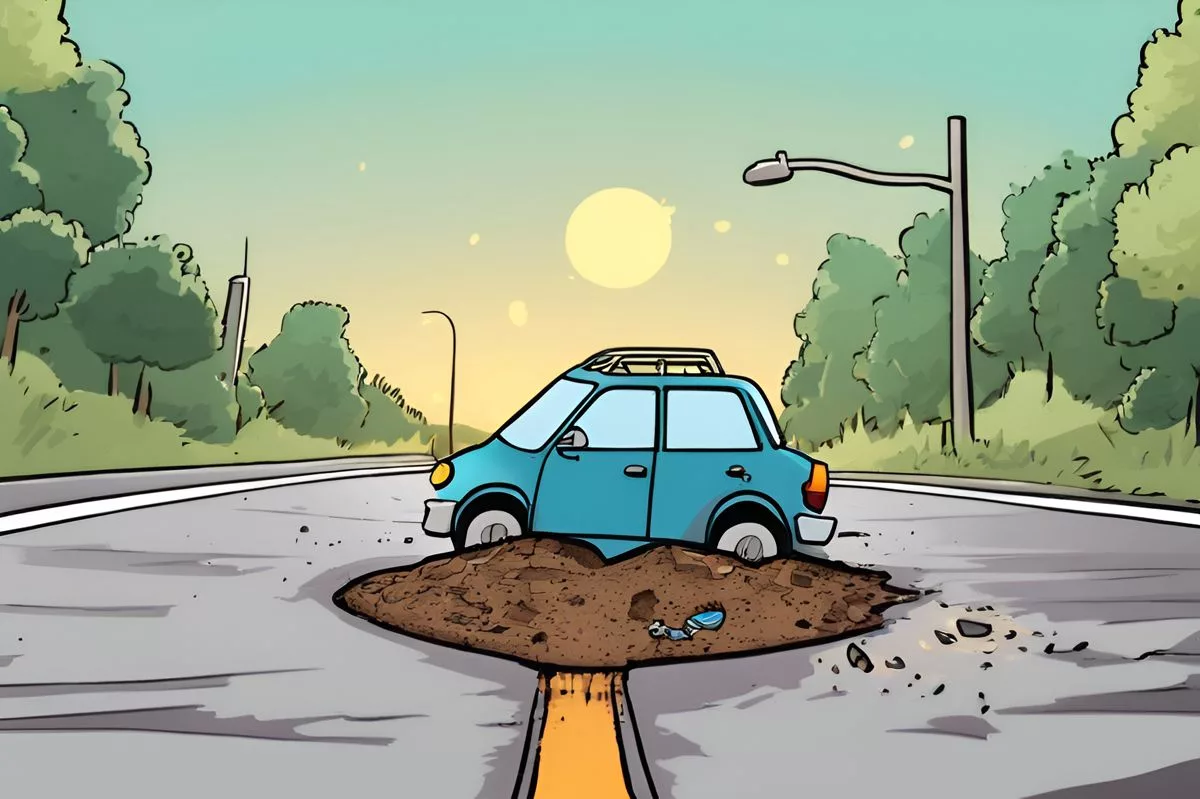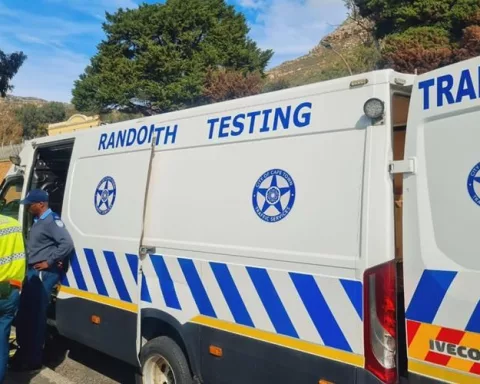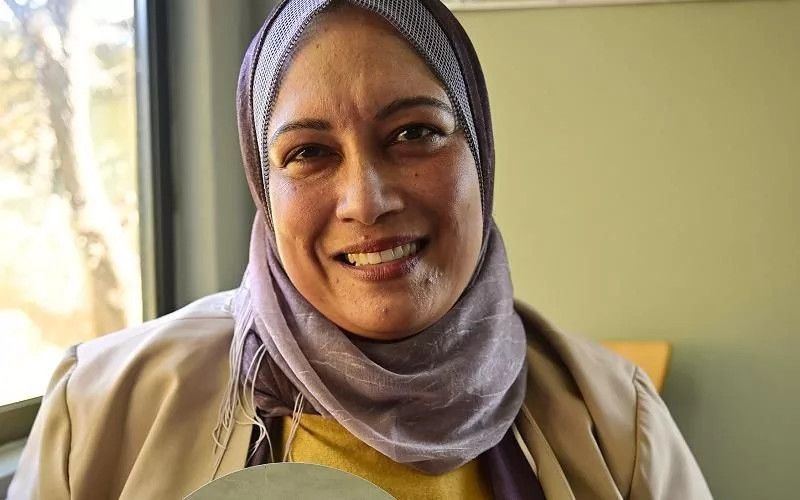South Africa’s Department of Transport is striving to improve road safety and reduce the number of casualties. They have allocated their budget to tackle issues that beset the transport industry, with a focus on road safety due to its alarming condition. The department aims to stamp out corruption and fraud and introduce a 24/7 shift system for traffic officers in accident-prone areas to ensure continuous presence. They are committed to reducing road mishaps and ensuring the transport sector remains a critical aspect of the nation’s progress, growth, and prosperity.
South Africa’s Department of Transport has pledged to enhance road safety and reduce the number of road casualties. The budget allocation covers all facets of transport with an intensified emphasis on road safety due to its alarming condition. The department is taking significant steps to stamp out corruption and fraud and is striving to introduce a 24/7 shift system to ensure the continuous presence of traffic officers, particularly in accident-prone areas. Hlengwa reaffirmed the department’s commitment to reducing road mishaps and ensuring the transport sector remains a pivotal element of the nation’s progress, growth, and prosperity.
South Africa’s Department of Transport’s Budget Address
In a recent parliamentary session, the Deputy Minister of Transport, Mr. Mkhuleko Hlengwa, presented the fiscal plan for the Department of Transport for the 2024/25 financial year. The event, graced by notable personalities including Minister Barbara Creecy and Director-General James Mlawu, underscored the department’s pledge to enhance road safety and curtail the number of road casualties.
The budget allocation, according to Hlengwa, is designed to tackle persistent hurdles that beset the transport industry, which is of paramount importance for economic progression and societal advancement. This commitment covers all facets of transport, with an intensified emphasis on road safety due to its alarming condition.
The necessity for road safety is particularly poignant in light of the recent tragedy that claimed the lives of eleven children, a grim reminder of the poor state of road safety in the nation. Expressing heartfelt sympathies on behalf of Minister Creecy and himself, Hlengwa drew attention to the daily average of 34 deaths and 157 severe injuries. However, he noted a slight improvement from 2014, when the daily average was around 40 fatalities and 184 severe injuries.
Addressing Road Safety and Compliance
In his address, Hlengwa pointed out reckless driving habits, such as distractions, drunk driving, excessive speed, and non-adherence to rules, as principal causes of road mishaps. With an overwhelming 87 percent of road deaths linked to these errant behaviours, the department has shifted its focus to fostering behavioural modifications.
The mechanical condition and road-worthiness of vehicles were also critically examined. About 10% of the vehicles registered in South Africa are considered not fit for the road, with an average age of 11 years, thus heightening the risk of accidents. Furthermore, roughly 40% of these vehicles are uninsured.
Despite the generally satisfactory state of South Africa’s road infrastructure, the surge in population and economic activities have overburdened the system leading to poorly maintained road infrastructure. Corruption and fraud within various institutions like Driver License Testing Centres and Law Enforcement Authorities further compound the challenges facing the transport industry.
Initiatives to Curb Corruption and Drive Efficiency
However, the department is taking significant steps to stamp out corruption and fraud. Hlengwa praised the use of digital tests for Learner Licencing and continuous efforts to nab corrupt officials. The current financial year has witnessed 97 arrests of corrupt individuals, including license examiners, traffic officers, administrative staff, and business owners engaged in fraudulent practices.
In addition, the department is striving to professionalise traffic law enforcement. The RTMC has upgraded the existing qualification to a diploma level, producing a higher pedigree of officers. This initiative complies with the National Development Plan’s call for a fresh brigade of competent law enforcement officers.
Hlengwa also underscored the launch of online services, such as online vehicle registration, to augment convenience and efficiency. The Department of Transport is also endeavouring to introduce a 24/7 shift system to ensure continuous presence of traffic officers, particularly in accident-prone areas.
Hlengwa also delved into the Road Accident Fund, which offers post-accident aid to victims. Despite difficulties in complying with accounting standards related to RAF, Hlengwa firmly maintains that the RAF Board must expedite resolution of this issue, with amendments achieved through legislative reforms rather than arbitrary changes in accounting standards.
To conclude his address, Hlengwa reaffirmed the department’s commitment to reducing road mishaps and ensuring the transport sector remains a pivotal element of the nation’s progress, growth, and prosperity. This commitment, echoed in the 2024/25 budget allocation, serves as an affirmation of the department’s resolve to construct a safer and more efficient transport network for the people of South Africa.
1. What is the focus of South Africa’s Department of Transport’s funding proposal for 2024/25?
The focus of South Africa’s Department of Transport’s funding proposal for 2024/25 is to enhance road safety and reduce the number of road casualties.
2. What are the principal causes of road mishaps, according to Mr. Mkhuleko Hlengwa?
According to Mr. Mkhuleko Hlengwa, the principal causes of road mishaps are reckless driving habits, such as distractions, drunk driving, excessive speed, and non-adherence to rules.
3. What percentage of road deaths are linked to errant behaviours?
An overwhelming 87 percent of road deaths are linked to errant behaviours, according to Mr. Mkhuleko Hlengwa.
4. What are some of the initiatives South Africa’s Department of Transport is taking to curb corruption and drive efficiency?
Some of the initiatives South Africa’s Department of Transport is taking to curb corruption and drive efficiency include the use of digital tests for Learner Licencing, nabbing corrupt officials, professionalising traffic law enforcement, launching online services such as online vehicle registration, and introducing a 24/7 shift system for traffic officers in accident-prone areas.
5. What is the state of South Africa’s road infrastructure?
The generally satisfactory state of South Africa’s road infrastructure has been overburdened by the surge in population and economic activities, leading to poorly maintained road infrastructure.
6. What is the Road Accident Fund, and what difficulties is it facing?
The Road Accident Fund offers post-accident aid to victims. However, it is facing difficulties in complying with accounting standards related to RAF. Hlengwa firmly maintains that the RAF Board must expedite the resolution of this issue, with amendments achieved through legislative reforms rather than arbitrary changes in accounting standards.












